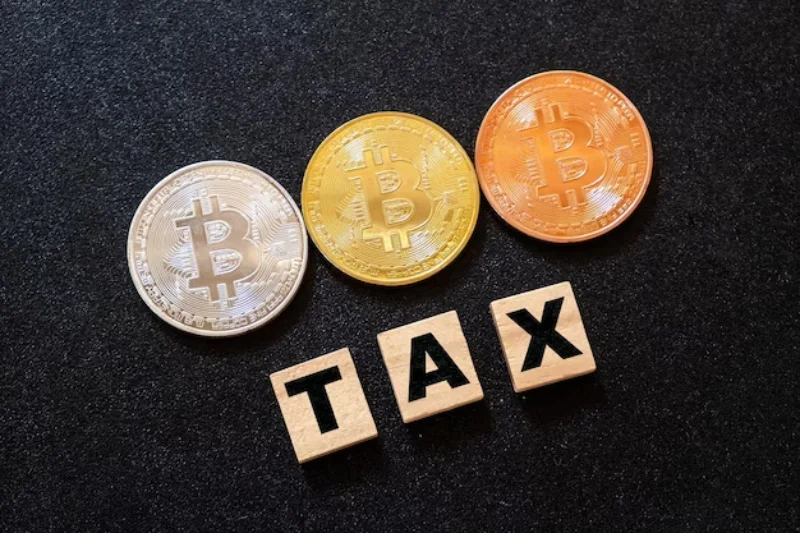What Is Cryptocurrency Taxation?
Table of Contents
Cryptocurrencies have emerged as a revolutionary digital asset class, but their unique nature has presented challenges for tax authorities worldwide. The Internal Revenue Service (IRS) and other tax agencies have taken steps to address cryptocurrency taxation, considering them as property for tax purposes.

Key Factors Influencing Cryptocurrency Taxation
1. Cryptocurrency Classification: Different countries may categorize cryptocurrencies differently, such as property, commodity, or currency, leading to varying tax treatments.
2. Taxable Events: Understanding taxable events is crucial in determining when tax liabilities are triggered, including cryptocurrency sales, exchanges, and mining rewards.
3. Holding Periods: Tax rates may vary depending on how long you hold the cryptocurrency before selling or exchanging it.
4. Reporting Obligations: Accurate record-keeping is essential to comply with tax regulations, and some jurisdictions require specific reporting of cryptocurrency transactions.
Cryptocurrency Taxation in India
Now, let’s focus on the taxation guidelines specific to India. We advise consulting a tax professional for personalized advice, but here is a general overview:
1. Income Tax
In India, cryptocurrency is considered taxable income. Whether you receive crypto as payment for services, mining, or staking, it must be reported as part of your total income.
2. Capital Gains Tax
When you sell or exchange cryptocurrency, it may be subject to capital gains tax. The tax rate can vary based on your holding period and your total income.
3. Mining and Staking
Cryptocurrency mining and staking activities are taxable in India. The fair market value of the mined or staked coins at the time of receipt is considered taxable income.
4. Airdrops and Forks
Airdrops and forks may lead to taxable events, as they can be treated as income based on their fair market value when received.
5. Record-Keeping
To comply with tax regulations, it’s essential to maintain accurate records of all cryptocurrency transactions, including dates, amounts, and fair market values.
Strategies for Minimizing Cryptocurrency Taxes
While it’s crucial to pay taxes on your cryptocurrency gains, there are legal strategies you can implement to minimize your tax burden. Some of these strategies include:
1. Tax-Loss Harvesting
Offset capital gains with capital losses by selling losing positions to reduce your overall tax liability.
2. Holding Period Optimization
Understand the tax rates based on your holding periods and consider the tax implications before selling your cryptocurrencies.
3. Donating Cryptocurrency
In some regions, donating cryptocurrency to charitable organizations can provide tax benefits.
4. Retirement Accounts
Explore the possibility of holding cryptocurrencies in tax-advantaged retirement accounts to defer taxes.
Conclusion
In conclusion, navigating cryptocurrency taxation can be challenging, but with the right knowledge and understanding, you can stay compliant and minimize your tax liability. We hope this comprehensive guide has provided you with valuable insights into cryptocurrency taxation.
For further assistance, do not hesitate to seek advice from a qualified tax professional. Remember to stay updated with changing tax laws and regulations to ensure your financial success in the exciting world of cryptocurrencies.
Disclaimer: This article is for informational purposes only and should not be considered as legal or financial advice. Always consult with a qualified professional before making any tax-related decisions.

